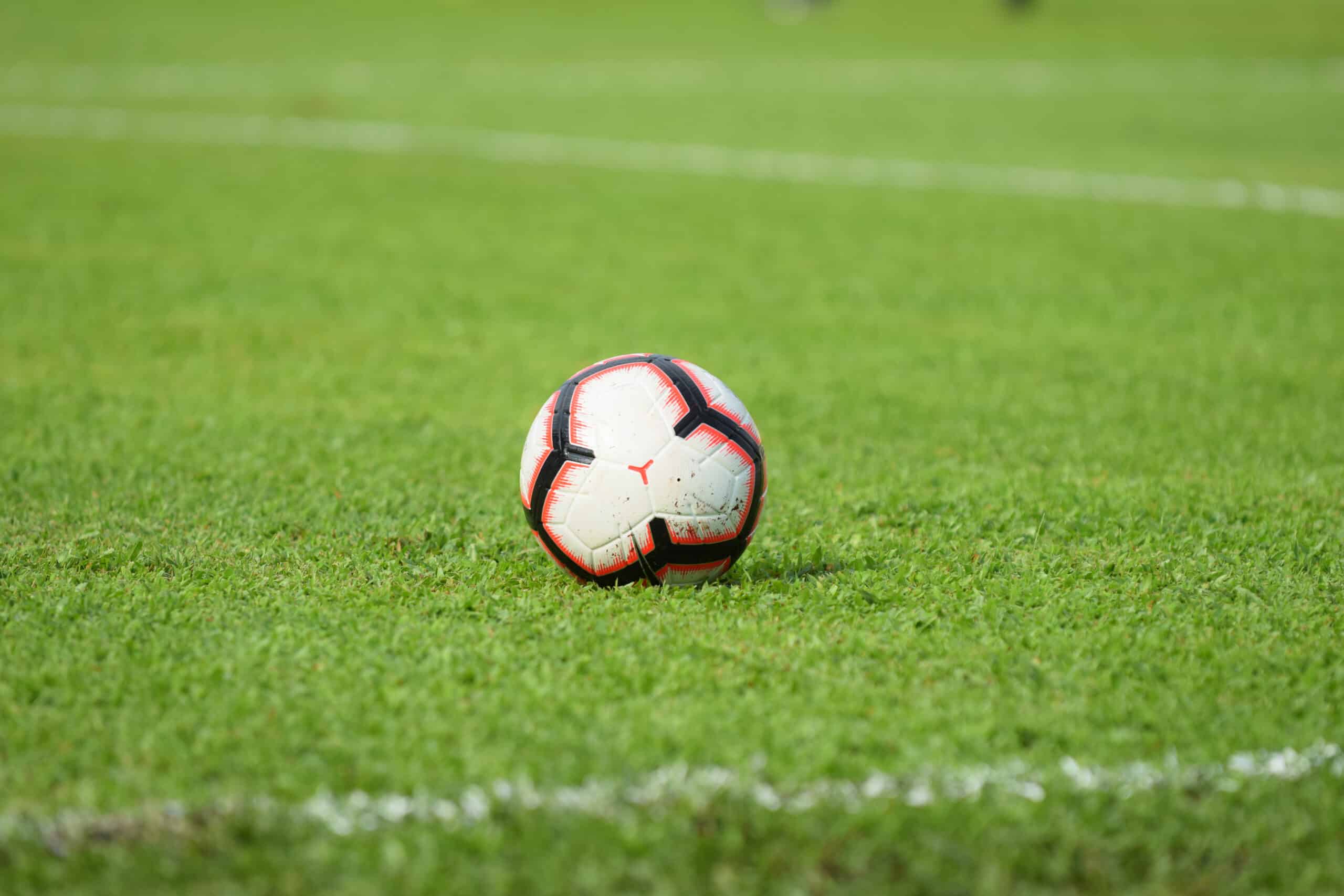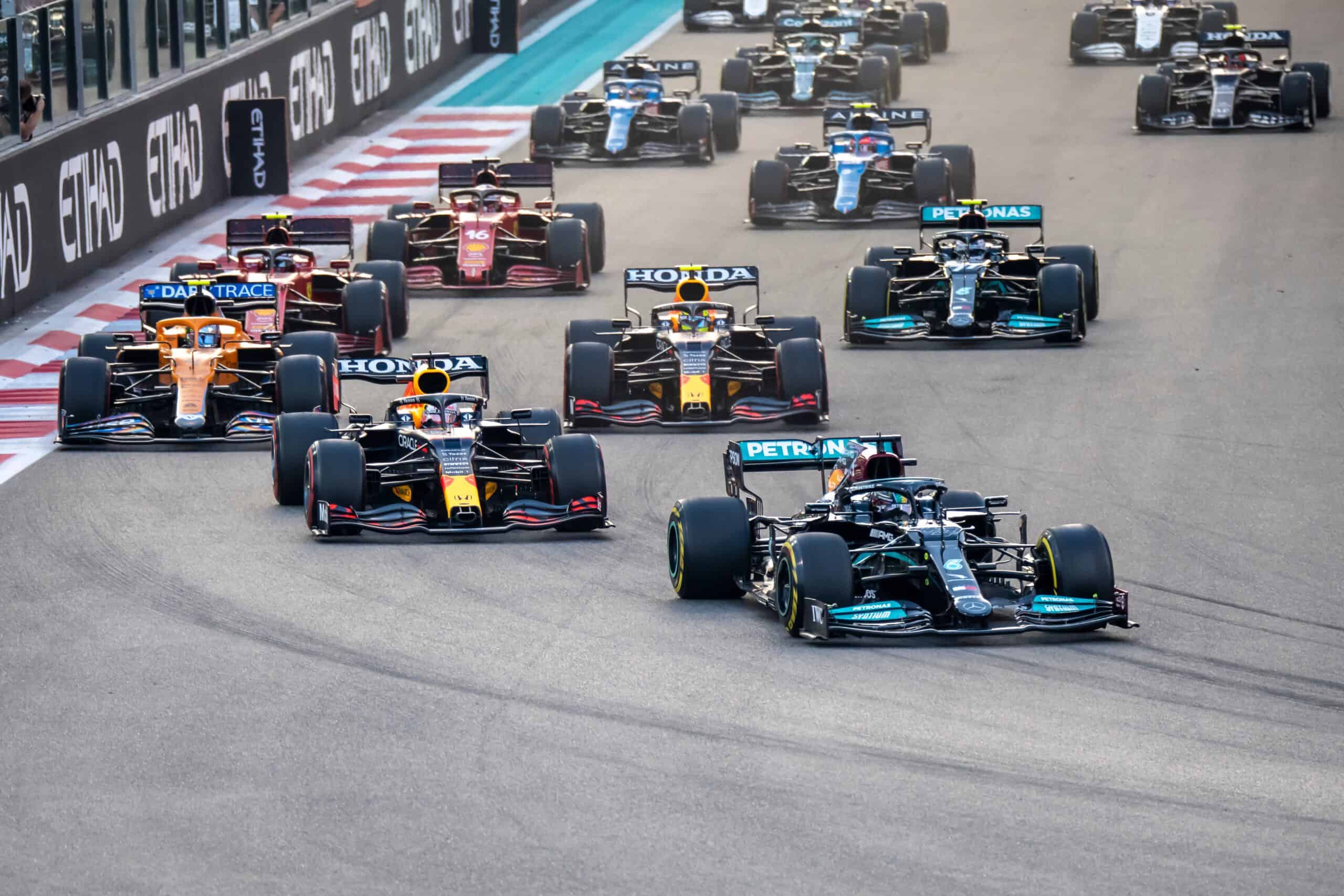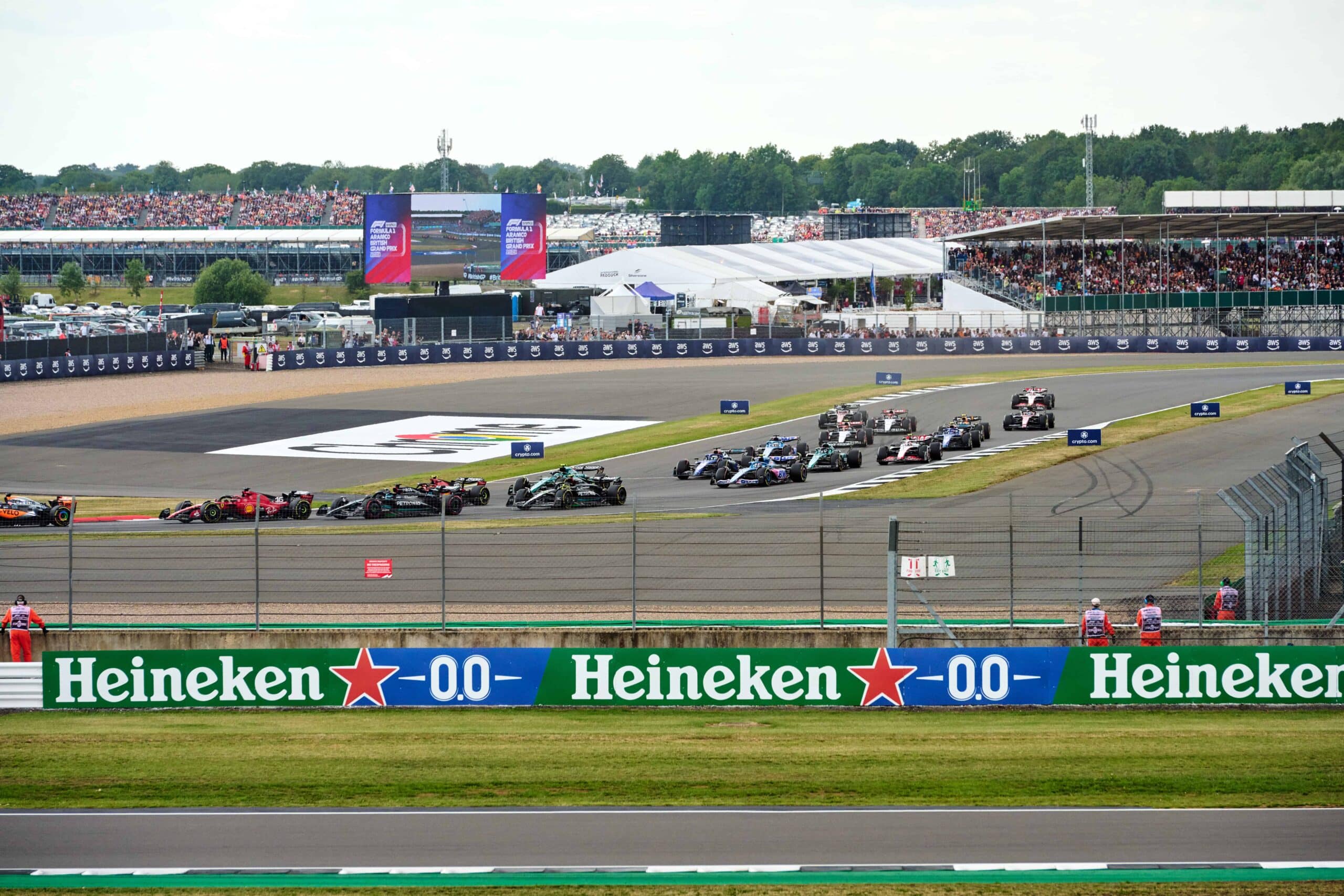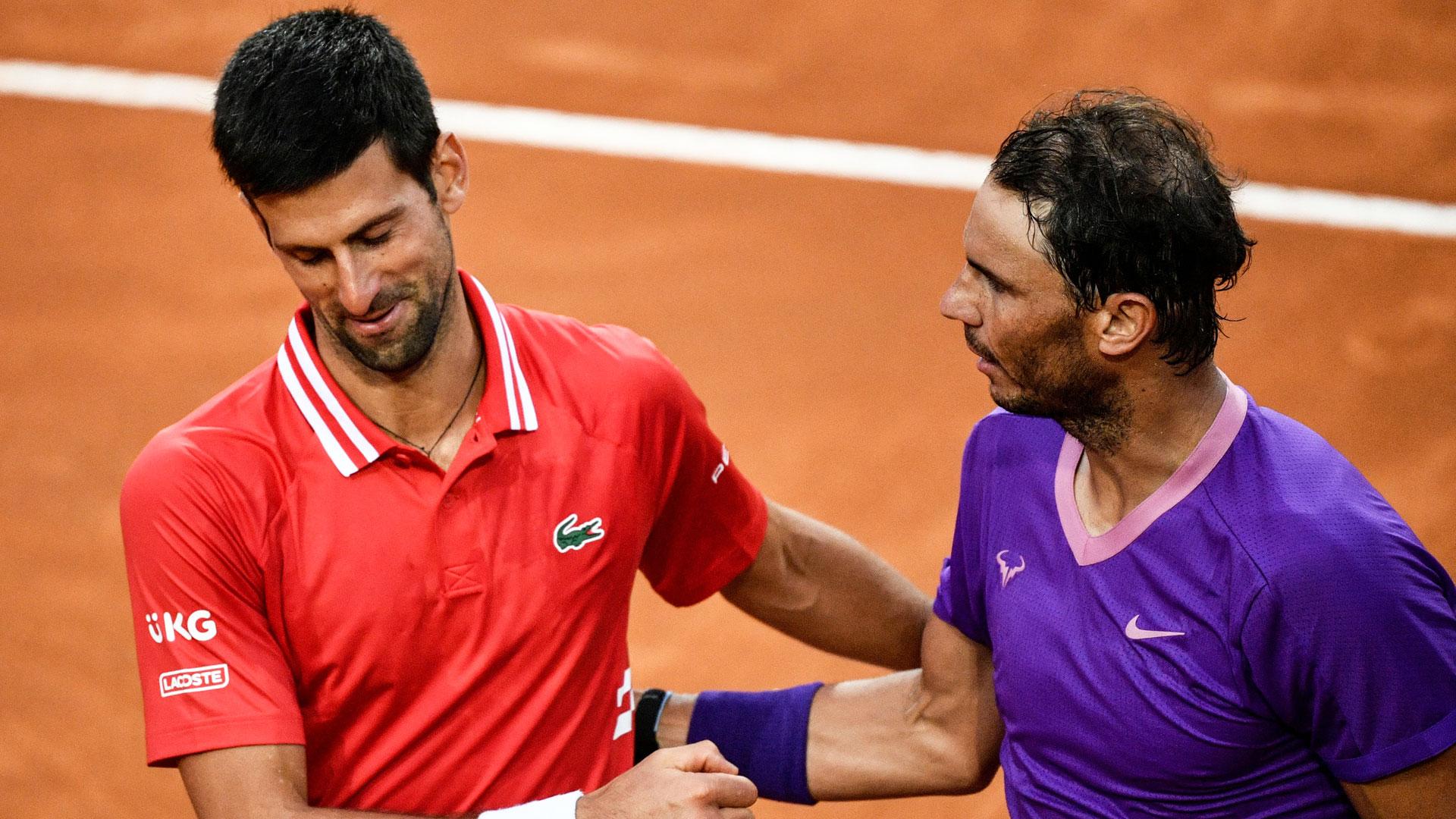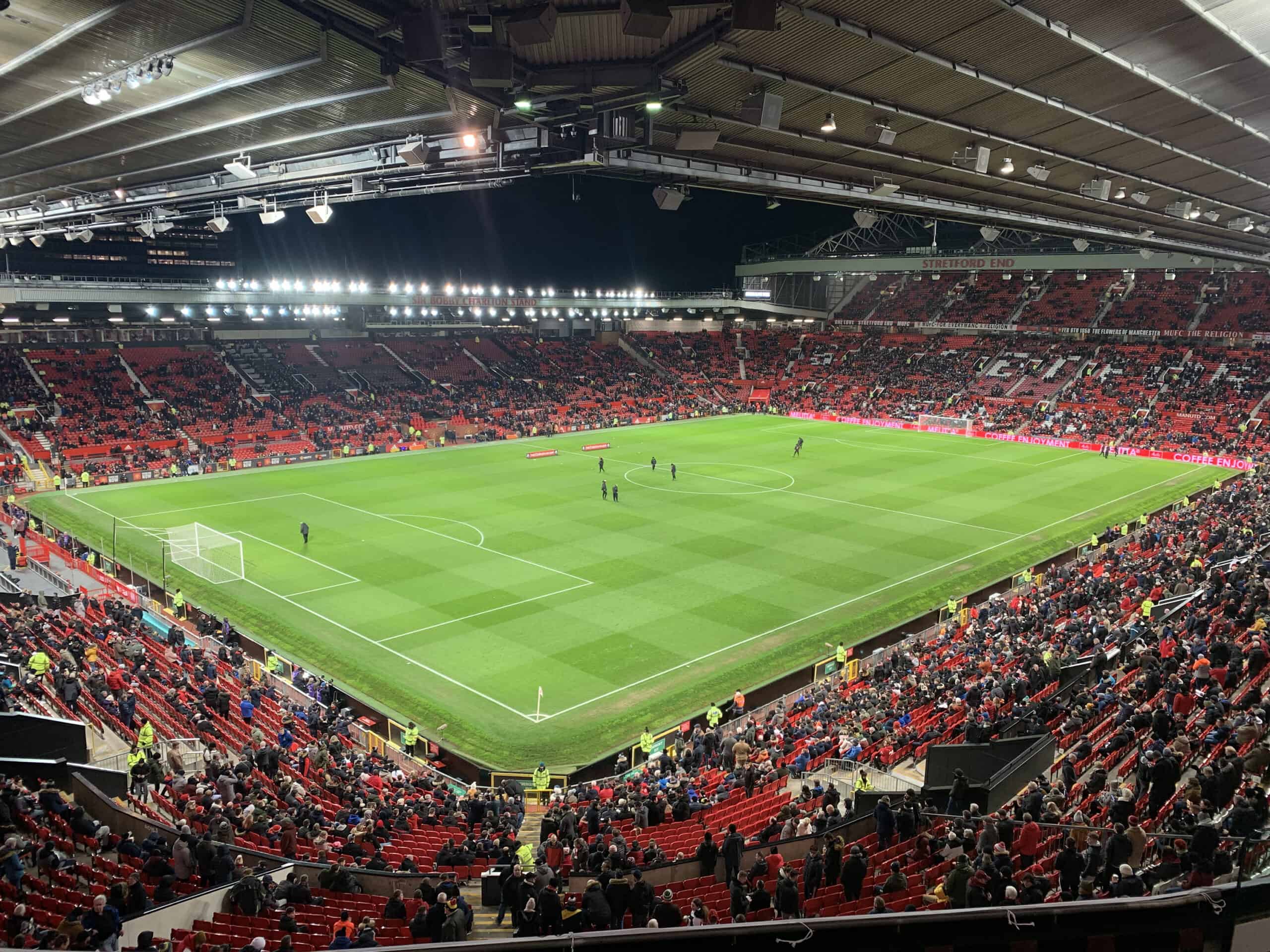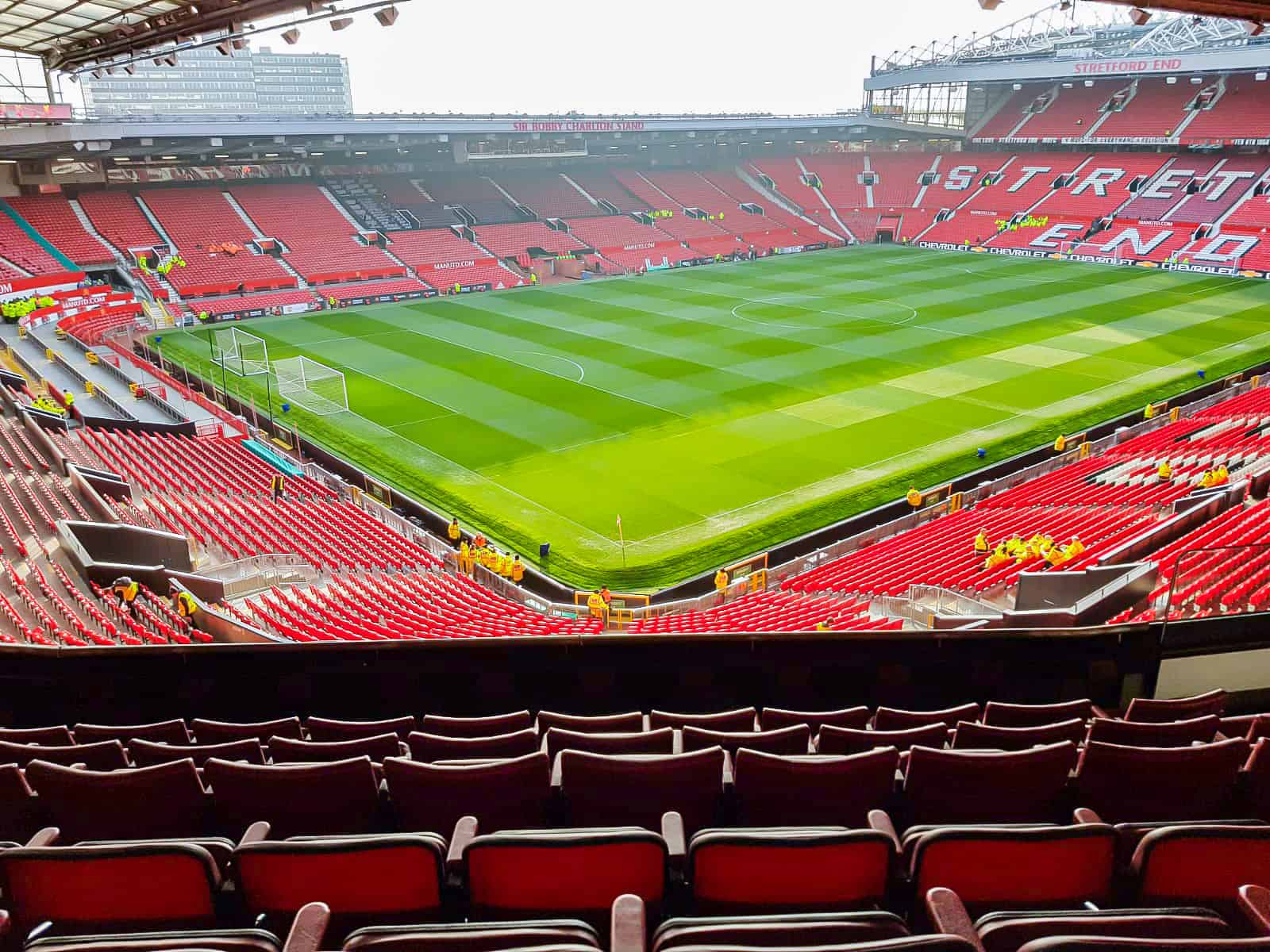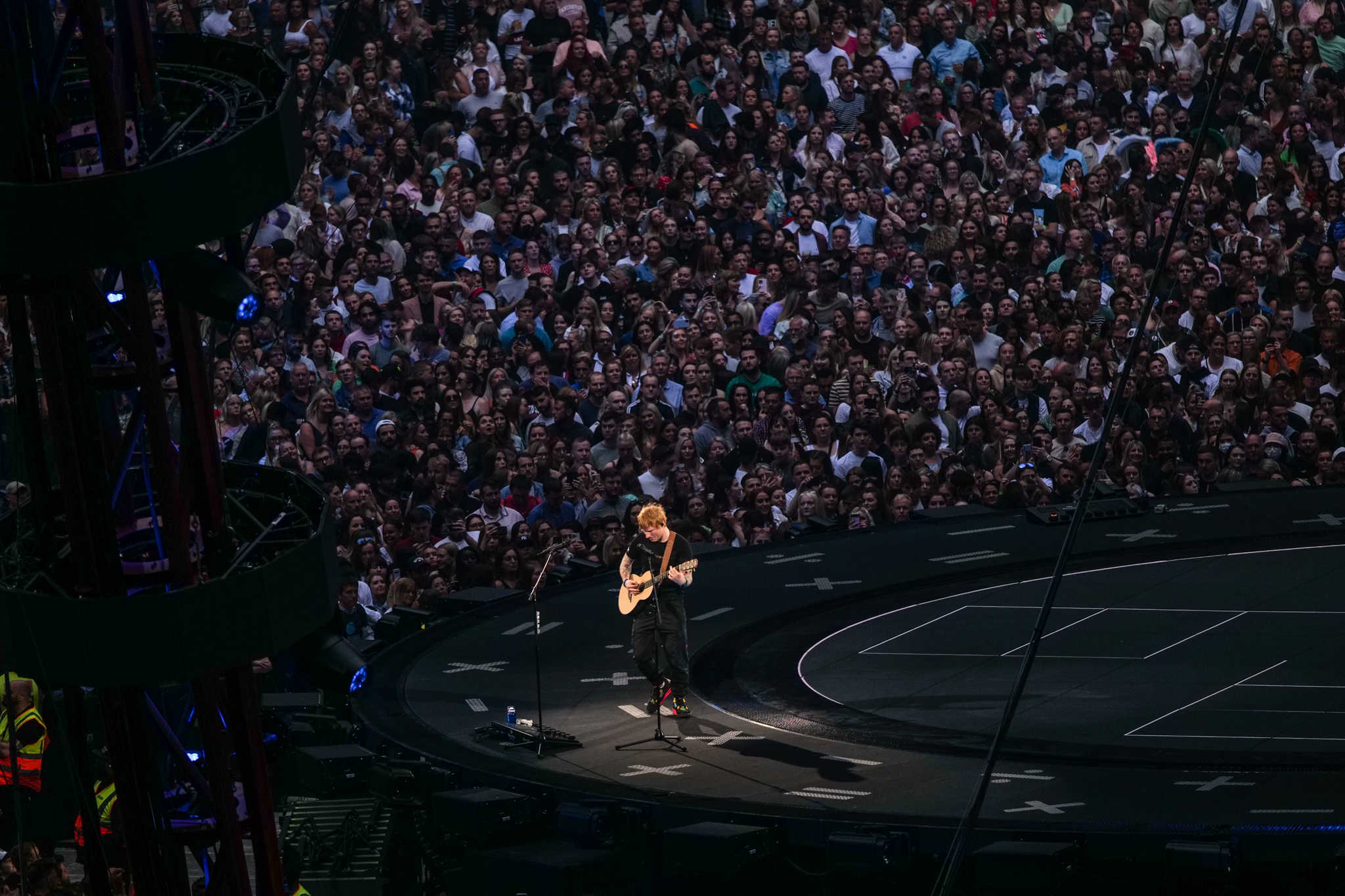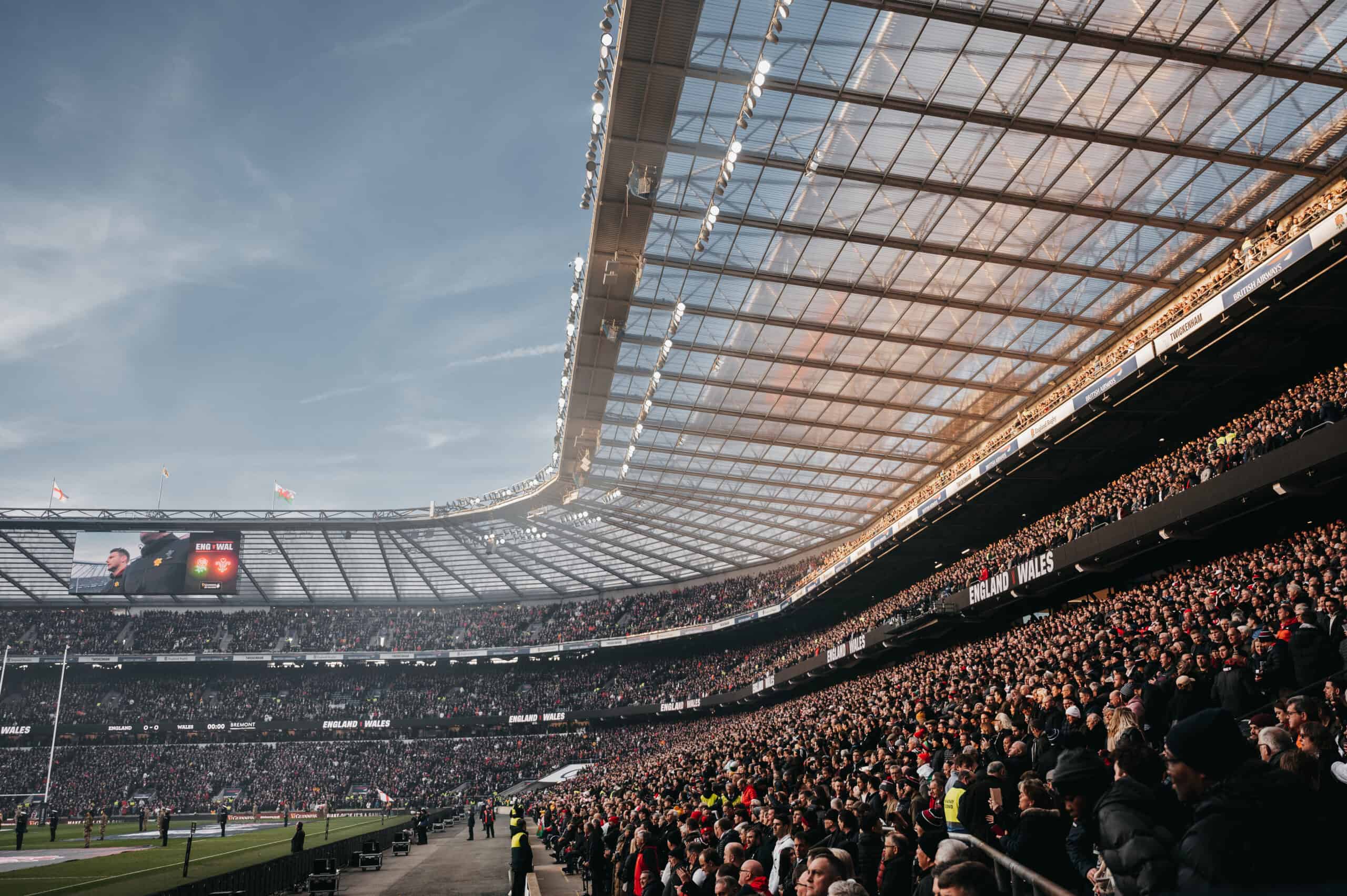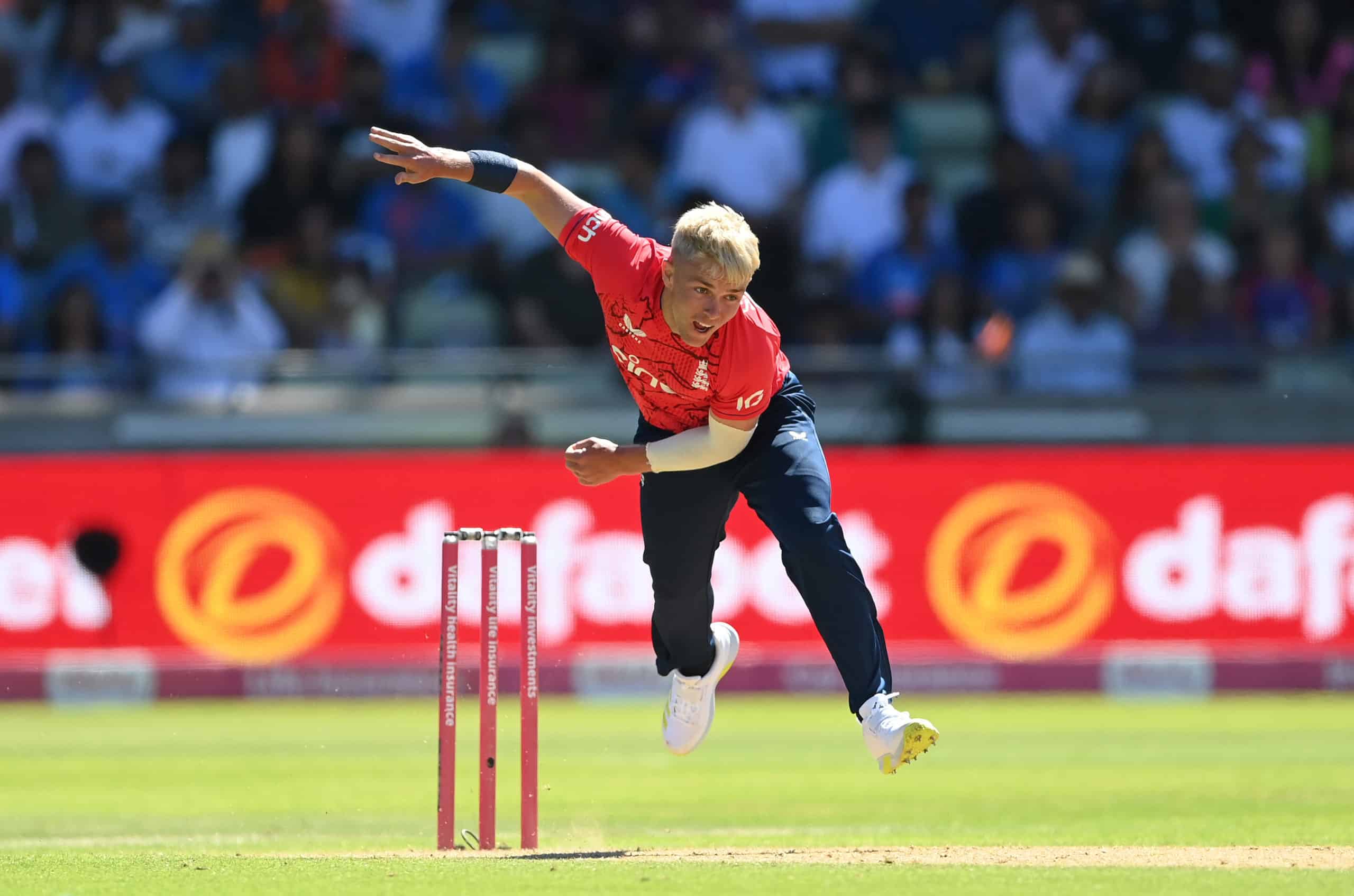After more than a decade in charge of Chelsea, Emma Hayes will wave goodbye to these shores at the end of the season to take charge of the USA Women’s national team.
Following a remarkable few years for women’s football, we’ve taken a look at the career of one of English football’s most decorated managers in the latest edition of our ICON Legends series.
Dominating English football with Chelsea
Since taking over at Chelsea in 2012, it’s fair to say that Hayes has established herself as one of the greatest coaches to grace the sport. She’s won 13 major trophies in her 11 years at the helm, including six WSL titles and five FA Cups.
Four of those six league titles have come in the last four years, with three of them as part of a hat-trick of consecutive league and cup doubles. Hayes’ influence in English football has been unmatched, leading to her being crowned as the WSL manager of the season six times, including in each of the last three years.
Chelsea have been run close for the title by Arsenal, Manchester United and Manchester City in recent years but Hayes has always found a way to get the edge on her opponents. Her attention to detail and focus on marginal gains has been a huge factor in her trophy-laden success.
While she’s dominated English football, perhaps one regret she’ll leave behind in west London is never managing to secure an elusive Champions League title. She came close as Chelsea reached their only ever final in 2021, where they were soundly beaten by Barcelona.
Despite never tasting European success, Hayes leaves behind an incredible legacy at Kingsmeadow and whoever follows her in the Chelsea dugout undoubtedly has massive shoes to fill.
Revolutionising the women’s game
As well as her brilliance on the training pitch and the sidelines, Hayes has also been pivotal behind the rise of the women’s game. The sport has grown in popularity in recent seasons and Hayes has been a driving force behind it.
The Chelsea boss has been a constant advocate for equal opportunities in the game and has campaigned for more awareness of key issues, as well as investment in the sport.
Hayes has pushed research on health issues within the game, including the effects of the menstrual cycle on recovery, nutrition and the frequency of ACL injuries in female footballers.
She’s been recognised throughout football and beyond, having been presented with an MBE in 2016, followed up with an OBE last summer.
Embarking on a new American chapter
Hayes will hope to replicate her success when she heads across the pond next May. She’s set to become the world’s highest-paid female coach and there are hopes she can turn the USA side around following a disappointing World Cup.
The four-time winners endured their worst ever World Cup campaign as they crashed out in the last 16, leading to the departure of Vlatko Andonovski. Hayes will be looking to make an instant impact as the USA target a fifth Olympic gold medal at Paris 2024.
She’s got history in the states having started her managerial career at Long Island Lady Riders before enjoying spells at Iona Gaels and Chicago Red Stars. But it won’t be an easy ride, with the likes of Megan Rapinoe, Julie Ertz and Ali Krieger all now retired.
It’s up to Hayes to nurture a new generation of talent to get the USA back on form. They’ve dominated women’s football for decades but the gap has closed, with teams like England, Spain and the Netherlands now a regular threat.
Some eyebrows were raised when Hayes took the USA job, with many hoping that she would wait for the England job to become available in order to make the move into international football. But she clearly relishes a challenge and if she enjoys even half the success stateside as she did at Chelsea, the USA side are heading straight back to the top.



